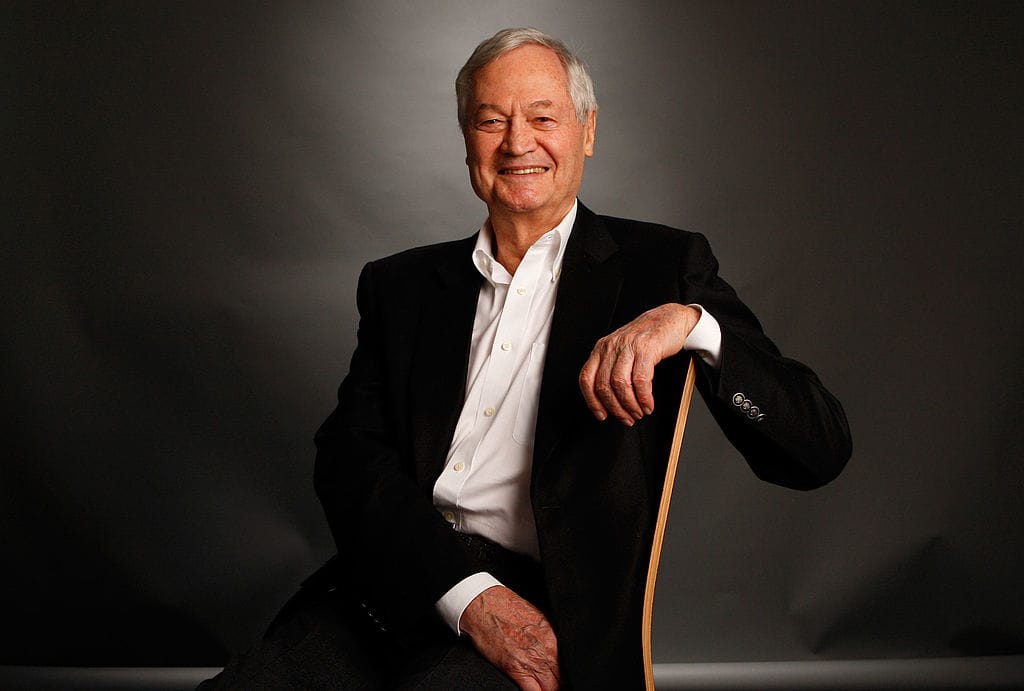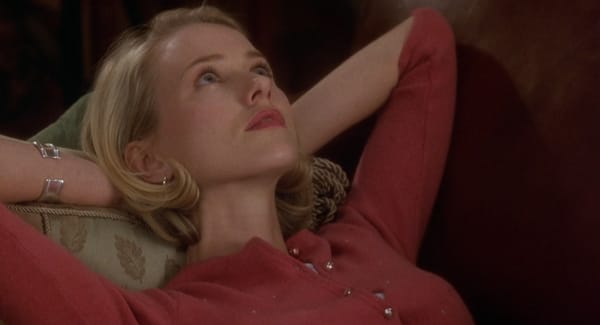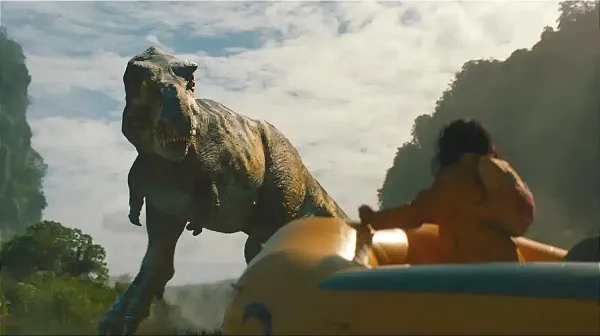Roger Corman: A Filmmaker in Full
A talk with author and film historian Chris Nashawaty about the legacy of the B-movie king and mentor to a generation.

For a while there, a lot of us weren't even sure Roger Corman could die. In 2020, at the age 0f 94 and at the height of COVID, the legendary director-producer-mentor-provocateur started up a filmmaking contest, “the first (and hopefully last) Corman Quarantine Film Festival,” for everyone sitting around at home with a cell phone. After producing over 400 movies, it's hard to slow down.
In the end, he made it to 98, dying on May 9 and leaving behind a cinematic and pop-culture landscape altered far beyond what a B-movie schlockmeister should have accomplished. But of course Corman was more than king of the drive-in movies. He was a termite in the rotting timbers of the dying studio system, finding disreputable subgenres – biker movies, cheerleader movies, atomic mutant monster movies – and pumping them out with brio, style, and shameless ballyhoo. He directed 50 or so films himself, among them a series of Edgar Allan Poe adaptations that hold up marvelously. He recognized the interests and fantasies of counterculture youth audiences well before the studios knew those audiences were even there, and he catered to them with intelligence and sympathy. Most of all, he gave any kid who seemed to love movies a shot at making them, and some of those kids went on to become the greatest directors of their generation, fusing B-movie sensibilities and A-movie themes to create a new way of telling stories on film. Coppola, Scorsese, Demme, Jack Nicholson – without Roger Corman, there wouldn't have been a New Hollywood, or there would have been a very, very different one.
How do you contain such a life? One person who has done so is writer Chris Nashawaty, who I first met when he was a baby editorial assistant at Entertainment Weekly in the 1990s and who has since gone on to author some excellent books on modern movie history, among them "Crab Monsters, Teenage Cavemen, and Candy Stripe Nurses: Roger Corman – King of the B Movie" (Abrams, 2016). Chris may not have seen every movie Corman produced, but he's seen most of them, which gives him a leg up on the rest of us. He was the guy to talk to for perspective on this unique and historic life. So I did.
Ty: Hey Chris. So tell me: What is the one thing people misunderstand about Roger Corman?
Chris: I think most people dismiss him as this penny-pinching miser who made movies very quickly and cheaply and exploited people by not paying them very much, and that the films are schlock. And some of them are. And no, he did not pay people very well. And some of his movies, yes, you can see the styrofoam and the spit and chewing gum holding the set together. But he was a much better director and certainly a spotter of talent and producer than most people give him credit for. He directed some films that are really artistically solid. The Poe films in the '60s are really well made. “The Masque of the Red Death” is a great movie. It's got this beautiful cinematography by Nicolas Roeg before he struck out on his own.





